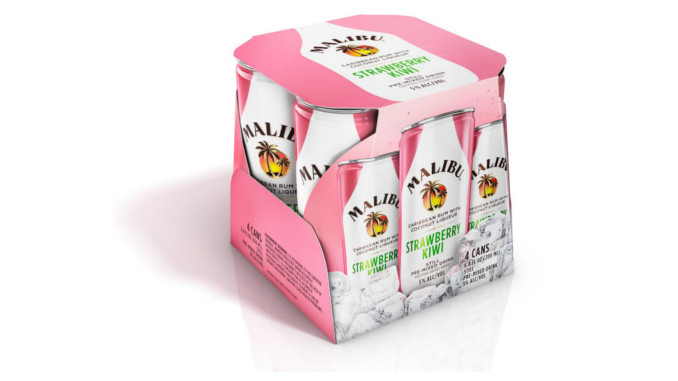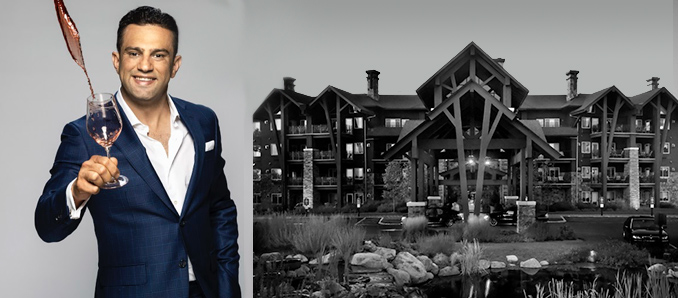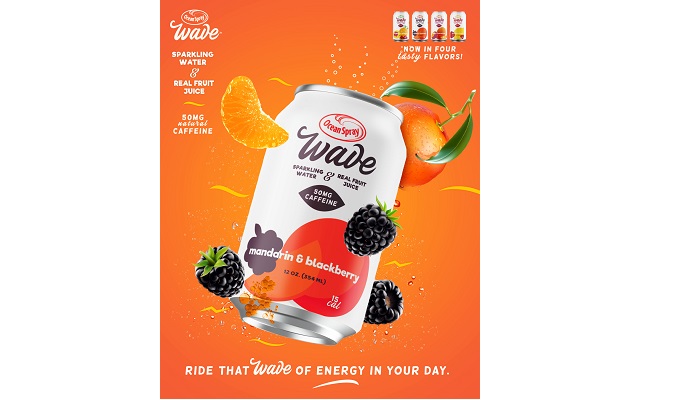The Segura Viudas estate called on its rich, 800-year history of winemaking heritage and sustainable viticulture practices to develop its Cava Made with Organic Grapes. Created in the renowned D.O. Penedès region of Spain with a focus on indigenous varietals, this cava displays bright citrus and tropical fruit-forward notes due to low yielding vines which produce more concentrated fruit. The Segura Viudas Cava Made with Organic Grapes (SRP: $13) will be available nationwide beginning January 2021.
Segura Viudas: Cava Producer with 12th Century Spanish Heritage
Steeped in rich Spanish heritage, Segura Viudas has been producing cava since the 12th century on land that is protected and biodiverse. The estate’s commitment to indigenous varietals, those of which cannot be sourced outside the region—Macabeo, Xarel-lo, and Parellada—form the identity of the portfolio. Under the direction of second-generation Head Winemaker Ton Raventós and Winemaker and Director of Procurement Miquel Salarich, each cava is assembled through the meticulous blending of base wines that then undergo significant aging to develop a distinctively fresh and crisp house taste.
“When the viticultural team set out to create a cava made with organic grapes, we did so with the goal of developing an entirely new blend that pays respect to our past, while also resonating with today’s consumer,” says Miquel Salarich, Winemaker and Director of Procurement. “Our mission at Segura Viudas is to help grape growers become sustainable – 90 percent of the local farmers we work with implement sustainability techniques, and our goal is to get to 100 percent. We believe that maintaining a healthy ecosystem is the best thing to do for the land and for the next generation.”
For the Segura Viudas Cava Made with Organic Grapes, the winery follows the organic practices outlined by the Catalan Council of Ecological Agricultural Production (CCPAE), restricting the use of synthetic chemicals, hormones, herbicides, pesticides, and fertilizers. The result is an elegant, structured, and complex cava that is vegan and gluten free, and pays homage to Segura Viudas’ Spanish roots in both taste and environmental responsibility. The release of this new cava coincides with a new brand campaign titled, #RespectTheRoots. The two-pronged initiative – drawing attention to both the brand’s winemaking expertise and history, as well as the physical roots of the grape vines – intends to connect the past to the present and future.
In response to the U.S. demand and worldwide interest in organic cava and to meet impending regulations for the fall 2022 harvest, Segura Viudas will transition operations to qualify for the organic distinction for all their wines over the next two years. The Cava Made with Organic Grapes joins the flagship Segura Viudas Cava Brut, Segura Viudas Brut Rosé, and the opulent Segura Viudas Reserva Heredad.
For more information, visit www.SeguraViudasUSA.com. Follow Segura Viudas on Instagram @SeguraViudasUSA #RespectTheRoots
Read Also: SweeGen Successfully Scales Up Bestevia® Reb N – F & B
About Segura Viudas
Founded in 1959, vine growth on the Segura Viudas estate dates back to the 12th century. Over the years, the winery has combined the estate’s legacy with a modern approach to viticulture and winemaking to produce sophisticated and approachable cavas from the renowned D.O. Penedès region of Spain, just outside of Barcelona. In the 1980s, the estate was purchased by the Ferrer family—whose traditional method sparkling winemaking expertise remains unparalleled—and Segura Viudas was incorporated into the Freixenet Mionetto USA portfolio in 2018. Steeped in rich Spanish heritage, part of the soul of Segura Viudas is informed by its commitment to indigenous varietals—Macabeo, Xarel-lo, and Parellada. The portfolio includes Segura Viudas Cava Brut, Segura Viudas Brut Rosé, Segura Viudas Reserva Heredad, and Segura Viudas Cava Made with Organic Grapes. The winery is also committed to viticultural practices that preserve harmony and biodiversity in the vineyard and sustainability of the environment, and is Wineries for Climate Change-certified since 2017.








